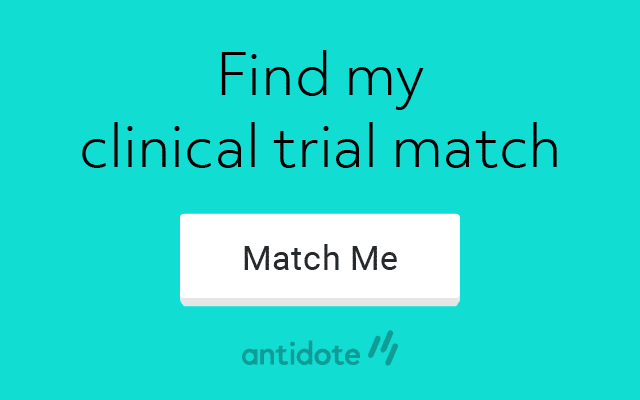Let’s start this month with a guest blog by American Medical Alert IDs. Why? Although I am not endorsing this particular brand, because I clearly remember being give Sulphur drugs in the Emergency Room when I was by myself and unable to let the medical staff there know I have Chronic Kidney Disease. Why? Because I remember that my husband fell when I was out of town. His grown children took him to the emergency room but didn’t know about his latex allergy and he was in no condition to explain.

Everything You Need To Know About Medical Alert IDs for Chronic Kidney Disease
Are you debating on getting a medical alert ID for chronic kidney disease? It’s time to take the confusion out of choosing and engraving a medical ID. This post will show you everything you need to know so you can enjoy the benefits of wearing one.
Why Kidney Patients Should Wear a Medical Alert ID
A medical ID serves as an effective tool to alert emergency staff of a patient’s special care needs, even when a person can’t speak for themselves. When every second counts, wearing a medical ID can help protect the kidney and safeguard its remaining function.
In emergencies, anyone diagnosed with chronic kidney disease or kidney failure may require special medical attention and monitoring. It is important that patients are able to communicate and identify their medical condition at all times. This includes individuals who are: 
- Undergoing in-center hemodialysis
- Undergoing home hemodialysis
- On Continuous Ambulatory Peritoneal Dialysis (CAPD)
- On Continuous Cycling Peritoneal Dialysis (CCPD)
- Transplant recipients
- Diagnosed with diabetes
Delays in getting the proper treatment needed for chronic kidney disease may lead to the following complications:
- Fatal levels of potassium or hyperkalemia. This condition can lead to dangerous, and possibly deadly, changes in the heart rhythm.
- Increased risk of peritonitis or inflammation of the membranes of the abdominal wall and organs. Peritonitis is a life-threatening emergency that needs prompt medical treatment.
- Anemia or decreased supply in red blood cells. Anemia can make a patient tired, weak, and short of breath.
- Heart disease, heart attack, congestive heart failure, and stroke
- High blood pressure which can cause further damage to the kidneys and negatively impact blood vessels, heart, and other organs in the body.
- Fluid buildup in the body that can cause problems with the heart and lungs.
According to Medscape, the most common cause of sudden death in patients with ESRD is hyperkalemia, which often follows missed dialysis or dietary indiscretion. The most common cause of death overall in the dialysis population is cardiovascular disease; cardiovascular mortality is 10-20 times higher in dialysis patients than in the general population.
Kidney Patients Who Wear a Medical ID Have 62% Lower Risk of Renal Failure
In a study of 350 patients, primarily in CKD stages 2 through 5, those who wore a medical ID bracelet or necklace had a 62% lower risk of developing kidney failure, based on eGFR. Wearing a medical-alert bracelet or necklace was associated with a lower risk of developing kidney failure compared with usual care.
Wearing a medical ID can serve as a reminder to look after your health and make the right choices such as taking medication on time and sticking to proper diet.
6 Things to Engrave on Kidney Disease Medical ID
A custom engraved medical alert jewelry can hold precise information that is specific to the wearer’s health condition. Here are some of the most important items to put on a chronic kidney disease or kidney failure medical ID:
- Name
- Medical information – including if you have other medical conditions such as diabetes or high blood pressure
- Stage of CKD or kidney function
- Transplant information
- Current list of medicines
- Contact person
Some patients have a long list of medications that may not fit on the engraved part of an ID. An emergency wallet card is recommended to use for listing down your medicines and other information or medical history.

Click here to enlarge chronic kidney disease infographic
Do you wear or carry a form of medical identification with you? Please share your experience or tips with us by posting a comment.
Ready for a new topic? All right then. Ever have a problem drinking your coffee? I know I have… until I followed these tips from the Cleveland Clinic at https://health.clevelandclinic.org/coffee-giving-you-tummy-trouble-try-these-low-acid-options/:

Here’s hoping that next cup of coffee treats you well.
Until next week,
Keep living your life!



Gail, we can’t thank you enough for letting us raise awareness on the importance of medical IDs! The short stories you shared at the beginning of the post are indeed concerning. A medical ID in situations like these can help remove the stress of not being able to alert someone about your or a loved one’s medical history.
Excited for your next blog about coffee, don’t we all love a cup 🙂
Cheers,
Lace
You’re more than welcome. I wrote about medical IDs years ago, so I really need to thank you for the opportunity to offer my readers an update.